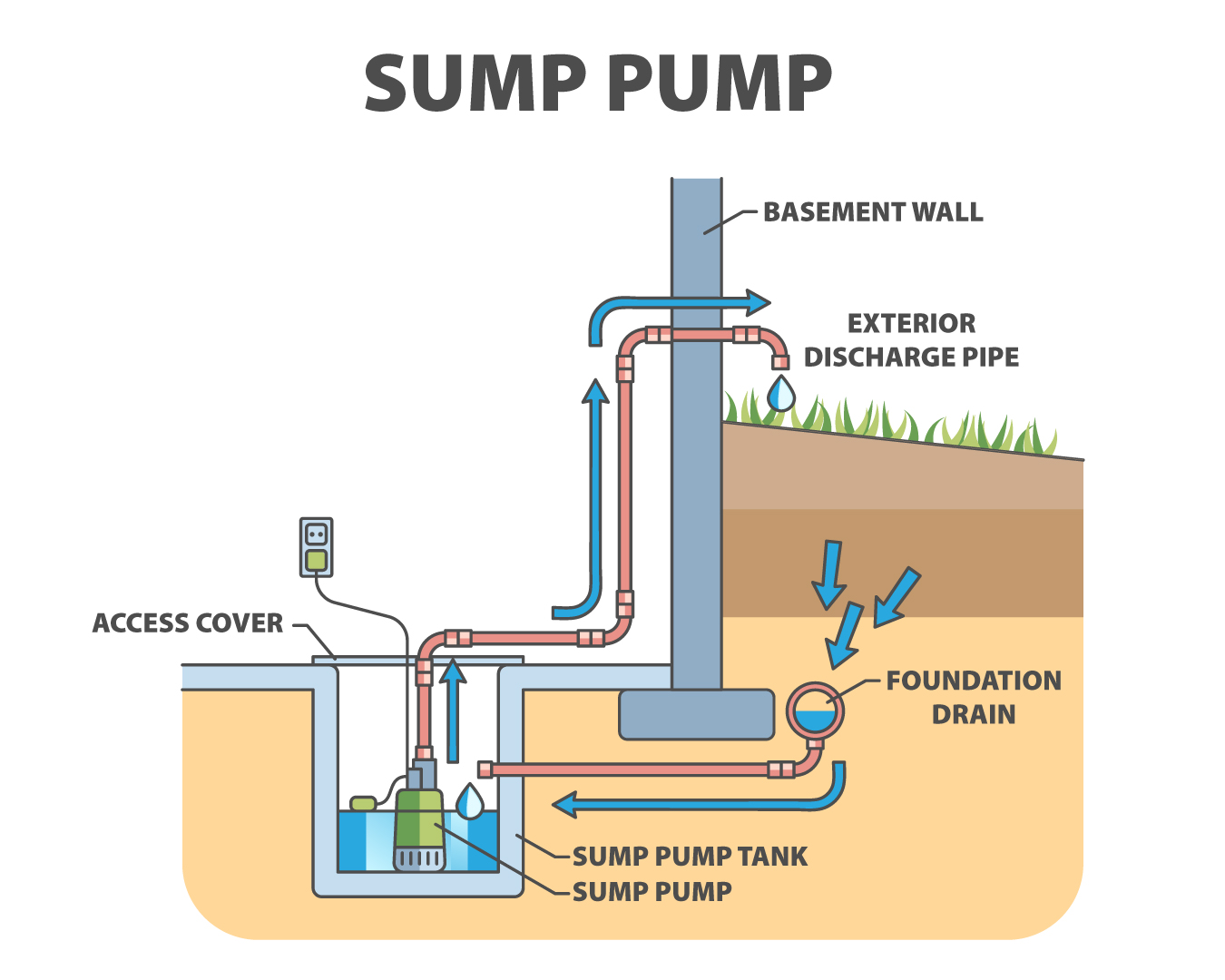High-Quality Water Filtration Systems: Making Sure Tidy and Pure Consuming Alcohol Water
High-Quality Water Filtration Systems: Making Sure Tidy and Pure Consuming Alcohol Water
Blog Article
Comprehending the Trick Components of Effective Water Purification Solutions

Significance of Water Filtration Equipment
Water filtration systems play a crucial duty in making certain access to secure and tidy drinking water by efficiently removing impurities and impurities. These systems are necessary in dealing with the expanding worries over water quality and the possible health and wellness risks connected with consuming infected water. By using numerous filtering mechanisms such as reverse osmosis, turned on carbon, and UV sterilization, water filtration systems can successfully get rid of dangerous materials like germs, infections, heavy metals, and chemicals from the water system.
In addition, water filtration systems help to enhance the preference and odor of water by getting rid of chlorine, debris, and various other contaminants that can impact its quality. Well Pump Replacement. This improvement in water top quality not just makes it much more palatable but likewise encourages people to consume an ample quantity of water daily, promoting better hydration and total health
Kinds of Filtration Components

Physical filters are created to literally stress out impurities from the water. These filters can be made from products like ceramic, carbon, or also sand, and they function by trapping bits larger than the filter's pores as water goes through.
Chemical filters make use of various chemical processes to eliminate impurities from the water. Instances include turned on carbon filters, which adsorb pollutants, and turn around osmosis membranes, which utilize stress to different contaminants from the water.
Biological filters utilize living organisms like germs or algae to break down organic matter and contaminants in the water. These filters are usually made use of in wastewater therapy plants or all-natural water filtration systems.
Recognizing the various kinds of purification components is crucial for selecting the most ideal water purification system for details filtration requirements.
Function of Sediment Filters
Sediment filters play an important function in water filtering systems by efficiently capturing solid bits suspended in the water. These filters are generally the very first line of defense in a filtering system, getting rid of bigger fragments such as sand, silt, dust, and rust before the water relocates via finer purification phases. By capturing these debris, the filters stop them from getting to downstream elements, thus expanding the life expectancy and efficiency of the whole system.
The feature of sediment filters is essential in keeping water high quality and protecting delicate tools from damage created by particles. Additionally, by getting rid of visible particles, debris filters enhance the quality and taste of the water. Regularly cleaning up or replacing debris published here filters is vital to ensure ideal performance. Ignoring this maintenance can cause clogging, lowered water flow, and jeopardized filtering efficiency. Generally, debris filters are important parts that add dramatically to the efficiency of water purification systems.
Role of Activated Carbon Filters
Playing a vital function in water purification systems, turned on carbon filters contribute in removing impurities and contaminants from the water supply. These filters are created to adsorb and catch a large range of toxins, including chlorine, volatile organic compounds (VOCs), pesticides, and herbicides. The triggered carbon product has a huge surface, permitting the efficient trapping of pollutants with a procedure called adsorption. As water passes with the filter, the turned on carbon attracts and holds onto the impurities, guaranteeing that the water that appears beyond is cleaner and more secure for intake.
Turned on carbon filters are very efficient at improving the taste and smell of water by reducing chemicals that can affect browse around this site its top quality. Due to their convenience and integrity, turned on carbon filters are a crucial element in ensuring that water is purified to the highest possible requirements before getting to customers.
Understanding Reverse Osmosis Systems
Reverse osmosis systems are advanced water purification systems that utilize an advanced procedure to eliminate contaminants and contaminations from drinking water. These systems function by applying pressure to the water, compeling it via a semi-permeable membrane layer. This membrane layer functions as a barrier, permitting only distilled water molecules to pass through, while obstructing bigger molecules such as minerals, chemicals, and various other pollutants. As a result, the water that appears on the other side is considerably cleaner and more secure for usage.
Additionally, reverse osmosis systems are relatively low-maintenance and can be mounted under the sink or in a main purification system, supplying practical access to clean water throughout the household. In general, recognizing just how reverse osmosis systems work can help individuals make informed choices regarding their water purification needs.
Conclusion
In conclusion, reliable water filtering systems are crucial for ensuring tidy and safe drinking water. By understanding the function and duty of each component, people can make informed choices when picking a water filtering system.
Water purification systems play a vital role in making certain access to tidy and safe drinking water by successfully removing pollutants and contaminations. By making use of various filtering mechanisms such as reverse osmosis, activated carbon, and UV sanitation, water filtration systems can successfully remove hazardous compounds like microorganisms, infections, heavy metals, and chemicals from the water supply.
Sediment filters play a critical role in water filtering systems by successfully recording solid particles suspended in the water (Water site here Softeners).Playing an essential function in water purification systems, turned on carbon filters are critical in getting rid of contaminations and contaminants from the water supply.Reverse osmosis systems are advanced water filtration systems that employ an advanced procedure to eliminate impurities and contaminations from alcohol consumption water
Report this page